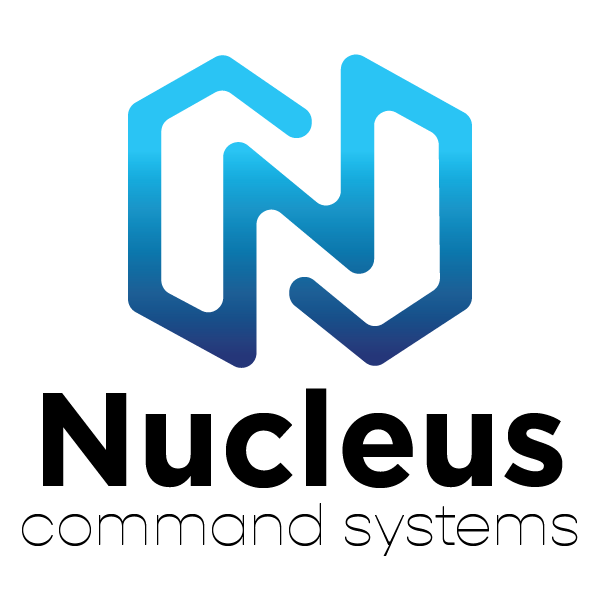Unless you’ve been on an extended vacation to Mars without any contact with Earthlings, you’re probably aware that there has been a lot of buzz about electrical vehicle manufacturer Tesla being a major disrupter in the automotive world.
The disruption is broad and real: A unique retail sales model. Advanced battery technology. Its entire industrial manufacturing process. Various automation innovations. Indeed, Tesla and its charismatic CEO Elon Musk have revolutionized the auto industry. This has also had a ripple effect across the entire automation software industry and the integrators who manage them. This is hardly an issue for debate.
But what is yet unclear is what Tesla’s impact may have on the legacy car makers (Ford, GM, Toyota, etc.). Further, how can integrators of SCADA technology and automation software be poised to take advantage of the coming changes across all industries?
Old-School SCADA Days
Automotive manufacturing plants have been highly automated for many years. Engineers who worked in traditional automobile manufacturing plants over twenty years ago can attest. They recall performing tests on the “data packaging” portion of the PLC equipment brought in by a new vendor. Back then, PLC equipment in most of these plants had a section of the program that transmitted its production data to a plant-wide PLC known as a “data concentrator.” This PLC then reported data to an enterprise level mainframe. All the raw data was converted to business metrics for display on a manager’s desktop.
“While it was advanced for the era the cost-per-data point was extremely expensive,” says Charles Vance, a veteran SCADA software development consultant. “With the advent of Internet of Things (IoT) and Cloud-based technology, data can be collected from anywhere. It also can be done at a very low cost per point.”
Cloud Technology’s Impact on SCADA
Companies like Microsoft and Amazon invest billions of dollars in the development of cloud infrastructure and business analytic software. These systems enable high level of data transmission, processing and storage. New information disciplines have even sprung up to manage the cloud and the information it allows companies to collect and consume.
These innovations are why there is a projected boom ahead for SCADA software technology. In fact, according to an industry forecast, the SCADA market is expected to grow from $11 billion in 2019 to $15.2 billion by 2024.
SCADA Integrators Can Benefit From Trends
Integrators savvy to this trend and the emerging technologies behind it will find opportunities. They will be in a better position to take advantage of the increase in information the enterprise has access to in decision making for its processes.
One major industry poised to upgrade to such modern processes is the automobile industry, especially considering the high bar that Tesla has set for productivity and efficiency in the manufacturing process.
In an industrial manufacturing setting, a SCADA software system can:
- Monitor assembly line operations
- Generate required reports
- Help the Floor Admin manage communication between field devices
- Send alerts in case of error
- Manage permissions related to data access
Multiple PLCs (Programmable Logic Controllers) in automotive manufacturing plants run the conveyors, handle assembly and painting robots. They control and monitor the machine tools, as well as picking and sorting machinery. SCADA-trained electrical engineers, integrators and technicians using laptops or HMIs (Human-Machine Interfaces) can troubleshoot any related problems associated with these processes. Nucleus Command Systems is among many SCADA software solutions that can help manage all these control systems with the kind of speed and reliability needed in today’s systems requiring ability to track and analyze real-time data.
Nucleus Command Systems offers a groundbreaking SCADA software solution that includes a range of unique features and custom services. Learn more at www.nucleuscommand.com.

